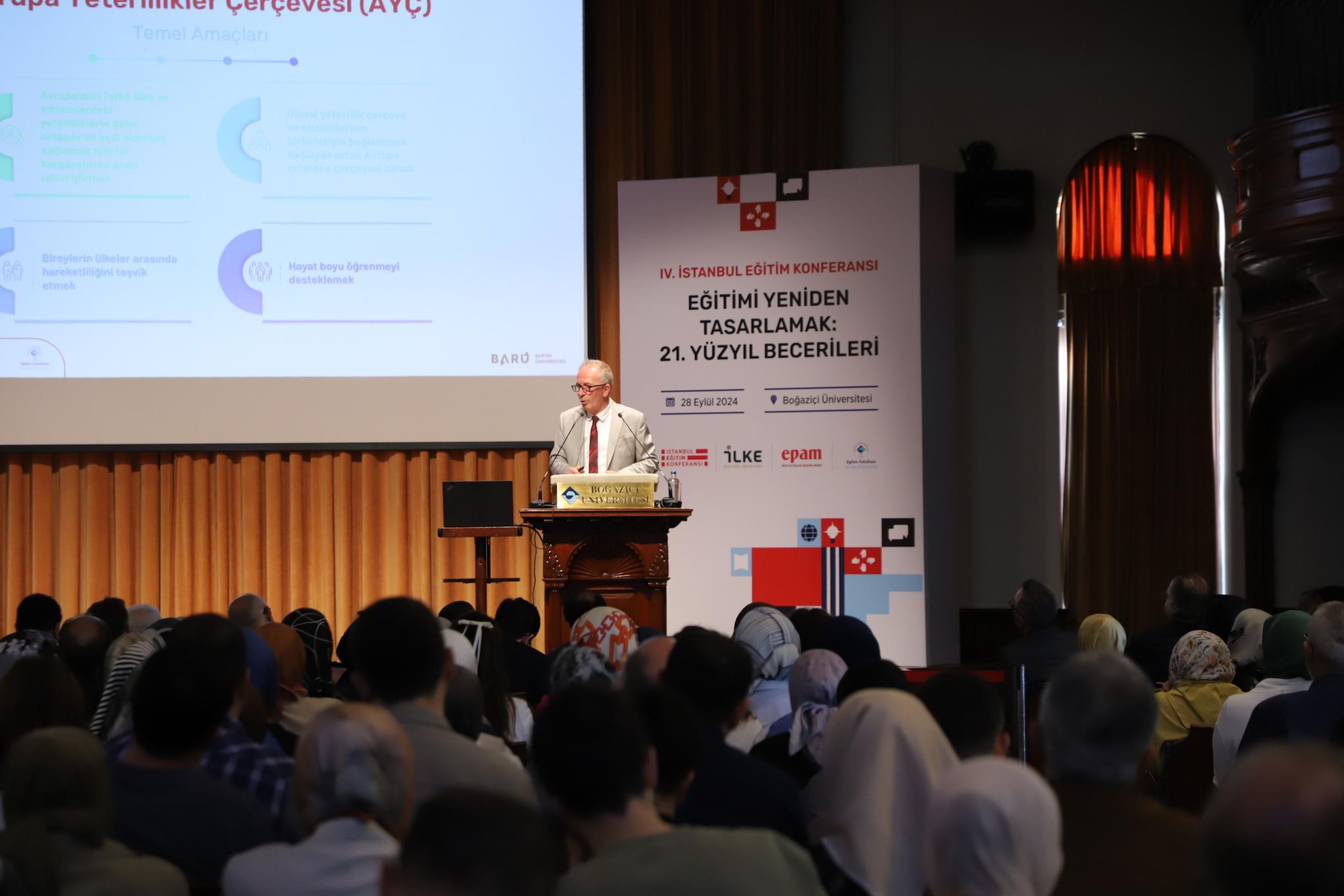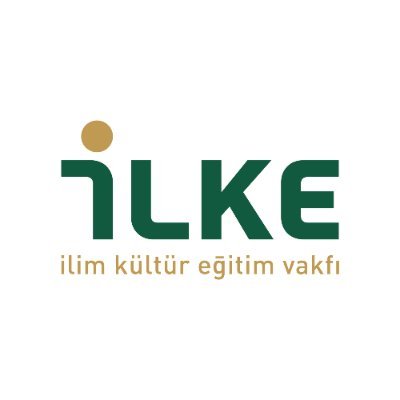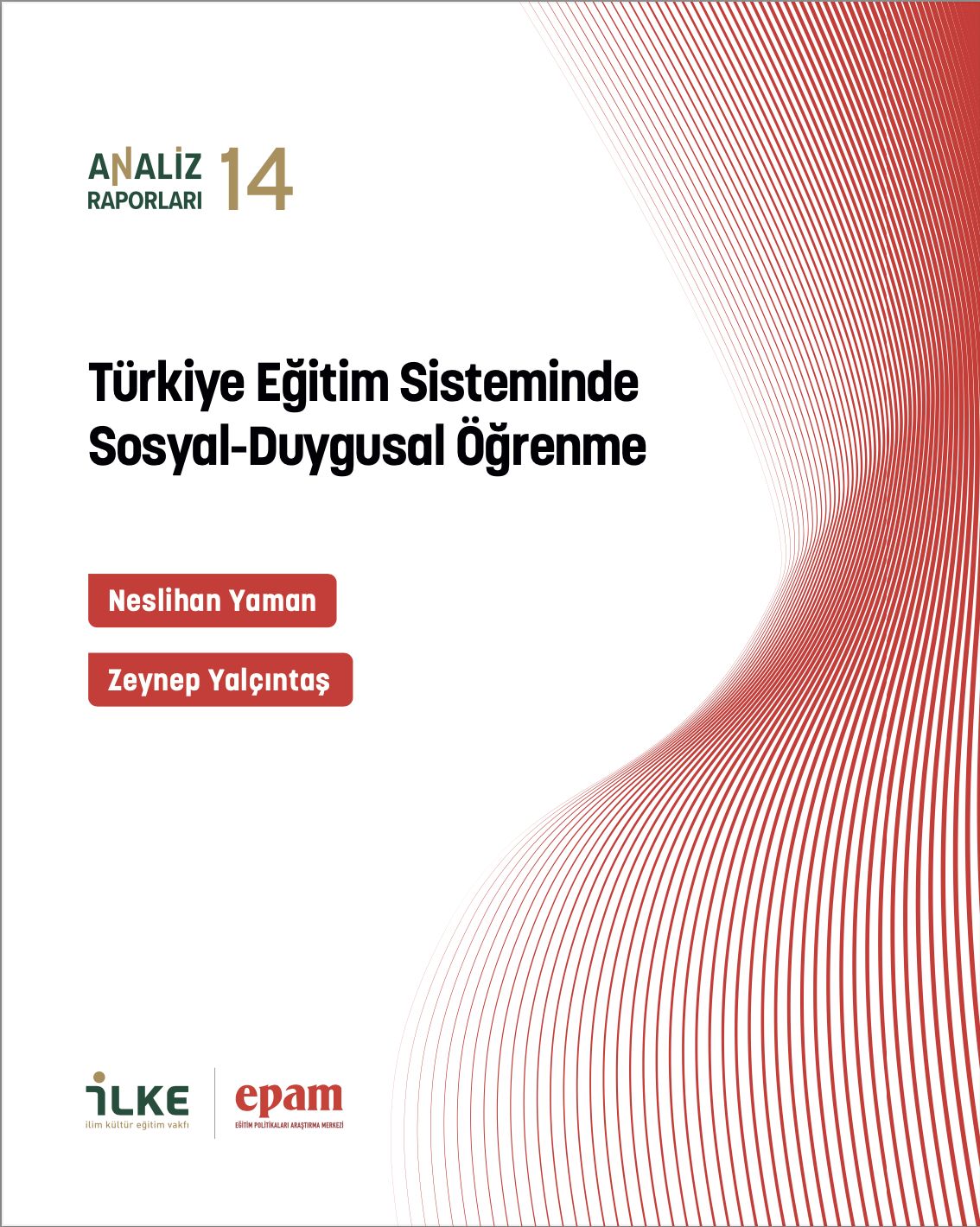4th İstanbul Education Conference Insight Report
This year, under the theme “Redesigning Education: 21st Century Skills,” the IV. Istanbul Education Conference provided a platform for discussions that invited participants to rethink the impact of education on individuals and society. The conference highlighted the importance of integrating 21st-century skills, such as analytical thinking, creative problem-solving, and social-emotional competencies, into education processes to enhance individual talents and contribute to societal development. One of the key takeaways of the conference was the need for education to move beyond a purely academic achievement-oriented model and evolve into a structure that fosters ethical values, resilience, and a sense of belonging in students. The Türkiye Century Education Model was outlined as a roadmap for this transformation, emphasizing a vision that enables students to discover their individual potential and become well-rounded individuals capable of contributing to various sectors of society. The IV. Istanbul Education Conference Final Report presents comprehensive recommendations on transforming education into a system that both nurtures individual potential and promotes social justice. This year, under the theme “Redesigning Education: 21st Century Skills,” the IV. Istanbul Education Conference provided a platform for discussions that invited participants to rethink the impact of education on individuals and society. The conference highlighted the importance of integrating 21st-century skills, such as analytical thinking, creative problem-solving, and social-emotional competencies, into education processes to enhance individual talents and contribute to societal development. One of the key takeaways of the conference was the need for education to move beyond a purely academic achievement-oriented model and evolve into a structure that fosters ethical values, resilience, and a sense of belonging in students. The Türkiye Century Education Model was outlined as a roadmap for this transformation, emphasizing a vision that enables students to discover their individual potential and become well-rounded individuals capable of contributing to various sectors of society. The IV. Istanbul Education Conference Final Report presents comprehensive recommendations on transforming education into a system that both nurtures individual potential and promotes social justice.










